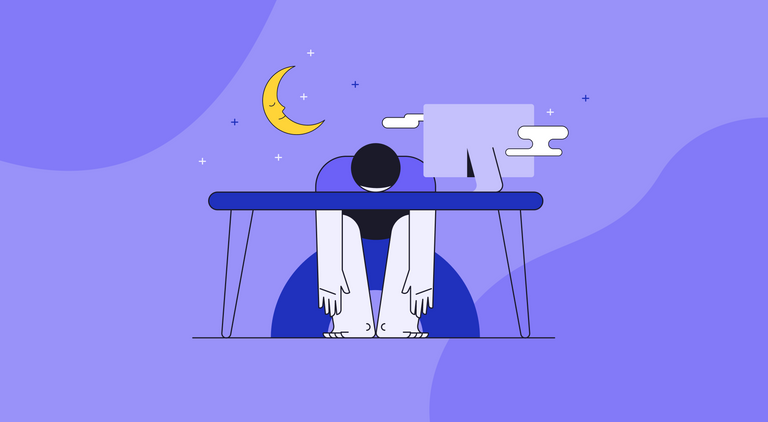How does your sleep pattern compare to your friends and family? What if I told you that being chronically sleep deprived was a huge cause of stress and mental health issues, but there was something you could do about it?

Sleep.
Think back to when you were a child; when it would be lights out for you and you had to crawl into bed and fall asleep, even though you had school the next day.
In your teens and early adulthood, how much time did you spend sleeping? How did you feel when you were well rested or when you were sleep deprived?
As you approach your forties, it becomes more and more difficult to catch up on sleep when you need it, and that struggle can contribute to more stress and poor health, from heart disease to diabetes to cancer.
Do You Know What Your Sleep Pattern Is?
The average adult needs around seven to nine hours of sleep per night, but most of us get about six or less hours. Sleep deprivation has been linked to an increased risk of weight gain and diabetes. It is also associated with poor memory and reduced concentration, decreased ability to learn and remember new things, as well as a reduced immune system.
Many people don't know exactly how long they sleep at night, nor do they know if they've gotten the recommended amount. We all have different sleep patterns, and your body will naturally produce certain hormones that regulate how often you sleep, and when you sleep in order to stay consistent with your sleep pattern.
To find out how much sleep you need, take a look at your own sleep schedule and see how it compares to the average. Here is a little quiz that might help:
How Often Do You Sleep?
When you look back on your childhood, how many hours of sleep did you get on weeknights? How much sleep do you typically get on weekends?
It can be hard to tell how much sleep you're getting based on the hours you spent sleeping. For example, how many minutes did you spend in REM sleep during the last three nights?
In addition to hours of sleep, many people don't realize how important light is when it comes to getting restful sleep. Try taking a look at your sleep routine and notice whether or not you've been spending time in light when trying to sleep at night.
How Much Light Are You Getting?
Have you ever noticed how sleepy you feel after walking out into the sun? People who are outdoors for a significant amount of time during the daytime often wake up feeling rested, while those who don't walk outside during the day are often awake after dinner and unable to sleep.
Your circadian rhythm determines when you're ready to sleep at night. When you're in sync with your body's natural cycles, you'll be able to sleep through the night and wake up refreshed. The human circadian clock controls the time of day that we're active, as well as when we're tired and sleepy. This cycle continues throughout your life.
Get lots of sleep